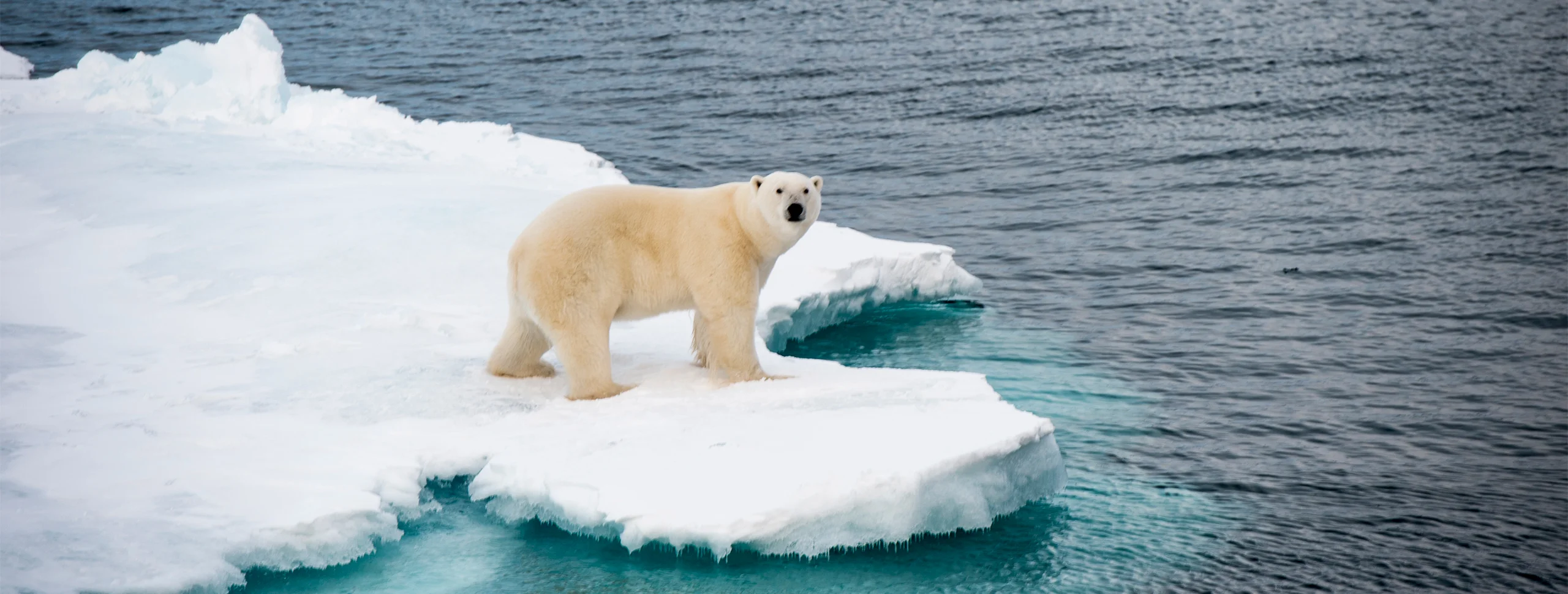








AS-level Course Outline
"Geography is more than just memorizing places on a map. It's about understanding the complexity of our world, appreciating diversity of cultures and in the end, it's about using that knowledge to bridge divides and bring people together." President Obama

What will I study in Geography?
In geography, you will investigate the links between people and their environment on both local and international scales and connect diverse issues in politics, economics and science to the landscape to give an understanding of how places are shaped.
Your geography course will cover both physical and human environments. It will show how human intervention affects the environment and how people adapt and mitigate the effects on their environment.
You will learn a variety of skills including: maps reading and Geographic Information Systems (GIS), data analysis and statistics. You will be encouraged to discuss ideas and frame your own questions using higher level skills and show your grasp of complex issues through the investigation and essay writing.
Fieldwork is a compulsory part of your AS course. You will attend a residential fieldwork centre to learn methods of both human and physical data collection, which is assessed in the AS exam. This will also form the basis of your Non- Examined Assessment (NEA) undertaken independently in the second year and worth twenty per cent of your grade.
What careers can geography lead to?
Geography is a broad-based subject. It is an obvious choice for careers in sustainability and green issues. However, it has a much wider reach and is applicable to careers in business, politics and economics through an understanding of global economics, as well as Law and human rights, as geography gives you the opportunity to consider relevant issues such as migration. In addition, many scientists study geography as it gives you the breadth that universities seek, as well as enhancing your skills of writing essays and investigation.
| GEOGRAPHY AS (PEARSON) AS Course Specification | |
|
Physical Geography Coastal Landscapes including geological structure and landforms found at the coast. Students investigate contemporary issues such as climate change and how this will affect coasts and coastal communities and what can be done to adapt and mitigate to change at the coast. As part of this topic students are required to attend fieldwork to investigate changing coastal sediments, changing coastal profiles and success of coastal management.
Human Geography
Regeneration looks at how places vary economically and socially with change driven by local, national and global processes. These processes make some places dynamic while other places appear to be marginalised creating economic and social inequalities both between and within local areas. Students will investigate urban and rural regeneration programmes involving a range of players with different interests and views of success. Students are also required to carry out fieldwork investigations covering: evidence of regeneration, public opinion on local regeneration and historical change. |
|
What skills do I need for geography?
You will need an open and enquiring mind in order to make balanced and reasoned responses in essay and debates. Having a good pass in GCSE mathematics is also advantageous in order to work out statistical problems and apply your knowledge to field work data.
Course Textbook
Geography for Edexcel A Level Year 1 and AS Student Book ISBN: 978-0-19-836645-4

Further Reading
Taking an interest in current affairs through regular reading of digital news from trusted sources, such as the Guardian is recommended. In addition, the human geographers and those with interests in politics and economics would benefit from reading the Economist, while physical geographers and scientists may find New Scientist of more interest. Both of these will help build case studies and wider knowledge. Tim Marshall's book 'Prisoners of Geography' also provides a good overview of geopolitics. The geography review magazine is a resource aimed at AS/ A Level students with geography specific case studies and exam advice. This is available through subscription.